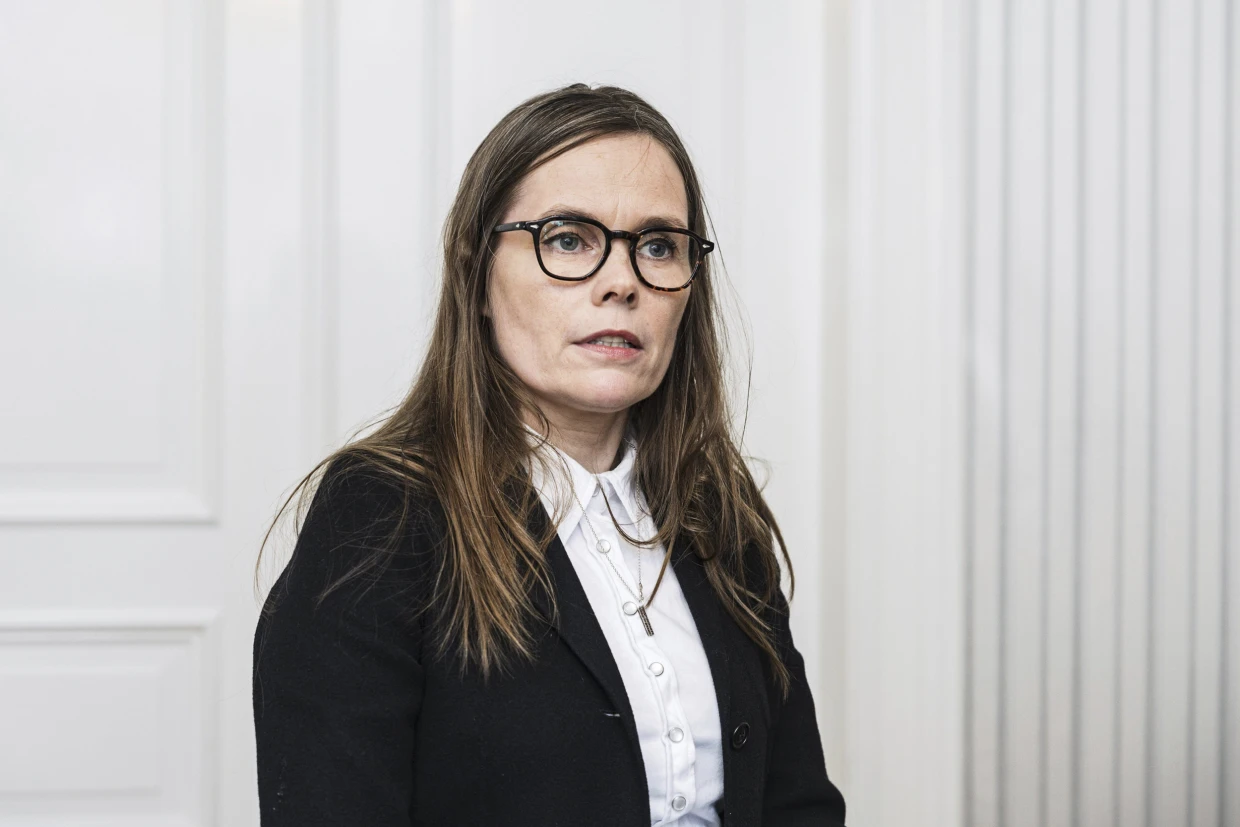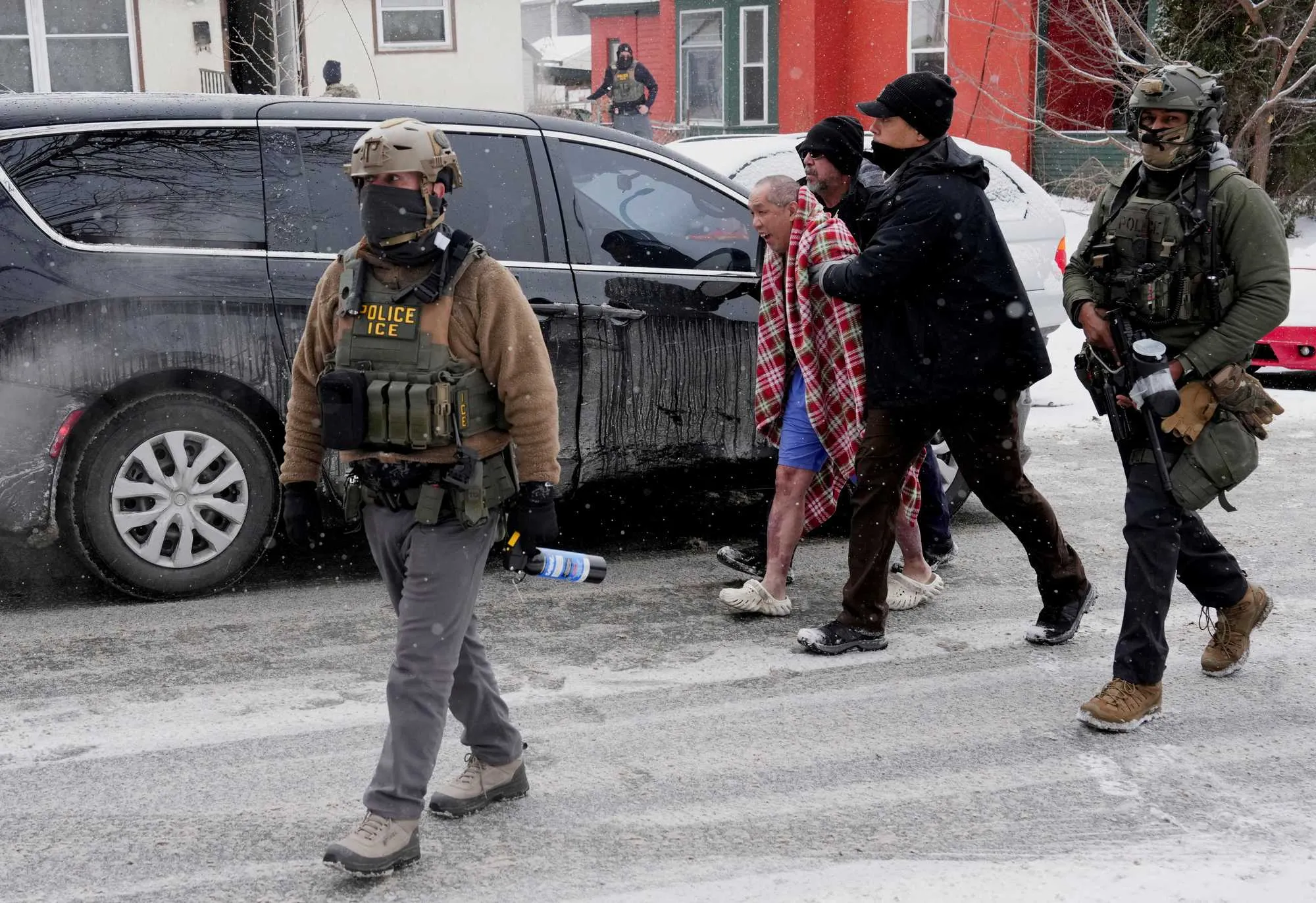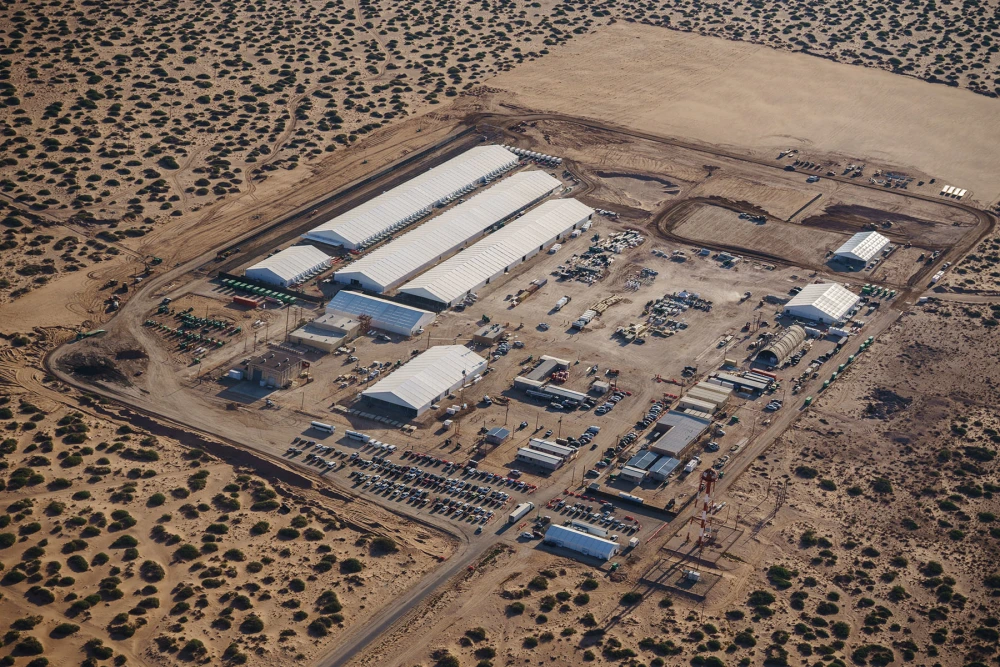Tens of thousands of women across Iceland — including the prime minister — are expected to participate in a one-day strike Tuesday in protest of the ongoing gender pay gap and gender-based violence.
The “Kvennafri,” or “Women’s Day Off,” marks the seventh time that women in Iceland stopped working to call attention to gender inequality. It is expected to be the largest walkout by Icelandic women in almost 50 years, according to the strike’s official website.
Close to 90% of Iceland’s female population went on strike on Oct. 24, 1975, to demand gender equality. The original “Kvennafri” prompted Iceland’s parliament to pass a law guaranteeing equal pay the following year.
Tuesday’s demonstration is being planned by about 40 organizations, including the Federation of the Public Workers Union in Iceland (BSRB), the country’s largest association of public worker unions.
Prime Minister Katrin Jakobsdottir told the Icelandic news site Iceland Monitor that she will refuse to work on the strike day and expects other women in government to join her “in solidarity with Icelandic women.”
“As you know, we have not yet reached our goals of full gender equality and we are still tackling the gender-based wage gap, which is unacceptable in 2023,” Jakobsdottir said. “We are still tackling gender-based violence, which has been a priority for my government to tackle.”
Organizers urge women and non-binary people in Iceland not to take on any paid or unpaid labor on Tuesday, including child care and household chores, to “demonstrate the importance of their contribution to society,” the strike’s website notes.
Men are encouraged to show their support by “taking on additional responsibilities” at home and at work, to enable their partners and colleagues to join the strike.
Ahead of Tuesday’s demonstration, schools are expected to shorten their hours or close, as women make up the majority of teachers in Iceland. Landspitali hospital, Iceland’s largest health care employer, said it would run at reduced services, according to the New York Times and Iceland’s national broadcaster RUV.
Iceland has been ranked the best country in the world for women by the World Economic Forum 14 years in a row. Despite Iceland’s achievement, organizers said significant issues persist.
“We’re talked about, Iceland is talked about, like it’s an equality paradise,” Freyja Steingrimsdottir, one of the strike organizers and communications director for BSRB, told the New York Times. “But an equality paradise should not have a 21% wage gap and 40% of women experiencing gender-based or sexual violence in their lifetime. That’s not what women around the world are striving for.”
While the World Economic Forum pegs the wage gap between men and women in the country at 21%, other sources, including the OECD, put the gap at closer to 10%.
In 2018, a University of Iceland study found that 40% of Icelandic women experience gender-based and sexual violence in their lifetime.
The gender wage gap in Iceland is wider than in some of its neighboring countries, including Belgium and Italy, the OECD reports.
That gap has not closed, in part, because of the highly segregated job market Icelandic women face: They are overrepresented in low-paid public service jobs, according to research published by the European Parliament in 2021.
Given its global reputation as a leader in gender equality, Steingrimsdottir told the Times that Iceland has a responsibility to “make sure we live up to those expectations.”




